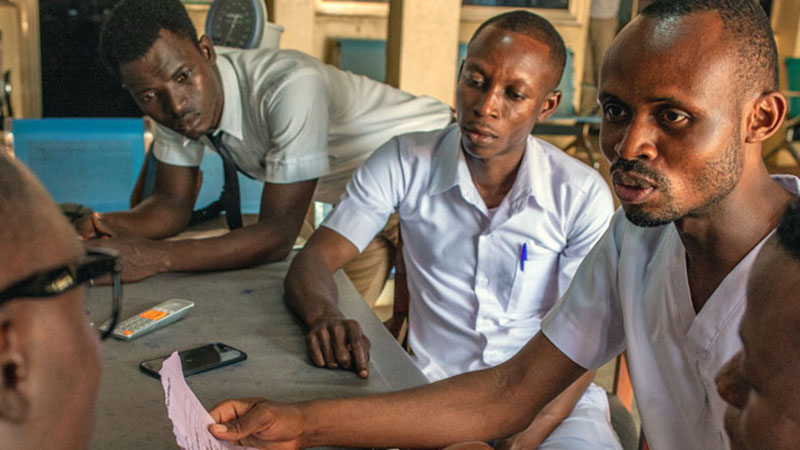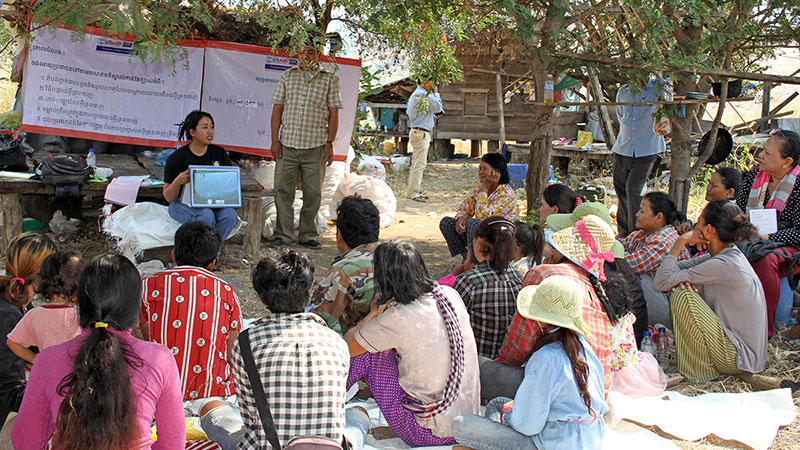More than 1,000 people joined URC at CSIS last Thursday for an important conversation on the impact of the war in Ukraine on its health system, and how mental health needs might be addressed during Ukraine’s reconstruction.
The event was introduced by Ukraine’s Ambassador to the U.S. – Ambassador Oksana Markarova – who represented and discussed Ukraine’s First Lady Olena Zelenska’s commendable prioritization of mental health needs. She described the massive scope of these needs – the Ukrainian Ministry of Health estimates that some 15 million people will need mental health and psychological support due to the armed conflict in Ukraine.
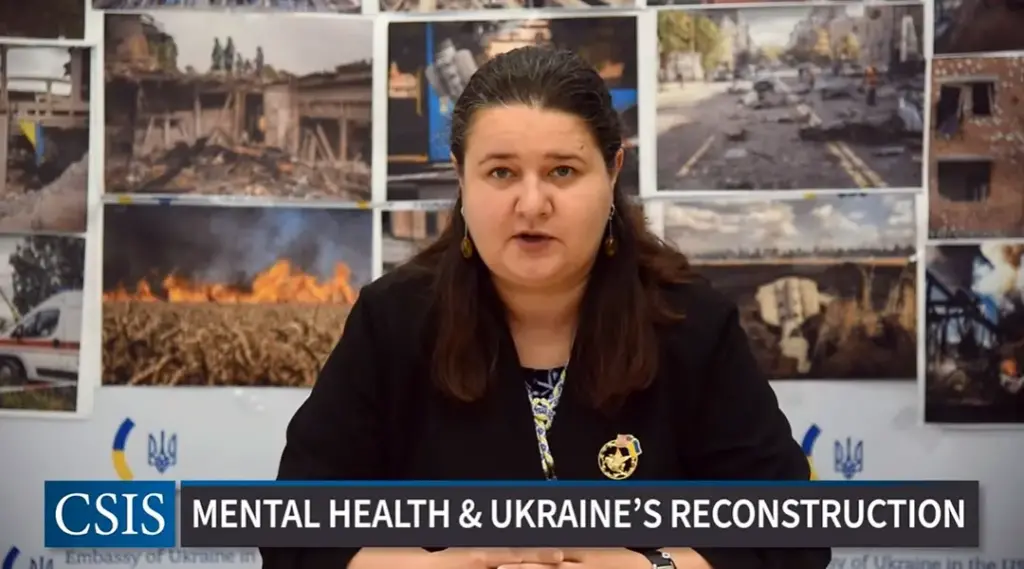
The discussion panel, led by CSIS Senior Fellow Romina Bandura, was comprised of:
- Earl W. Gast, President of URC
- Dr. Regina Hechanova-Alampay, Chief of Party, URC, USAID RenewHealth
- Dr. Amanda Nguyen, Research Assistant Professor, University of Virginia
- Dr. Paul Bolton, Mental Health and Psychosocial Support Coordinator, USAID
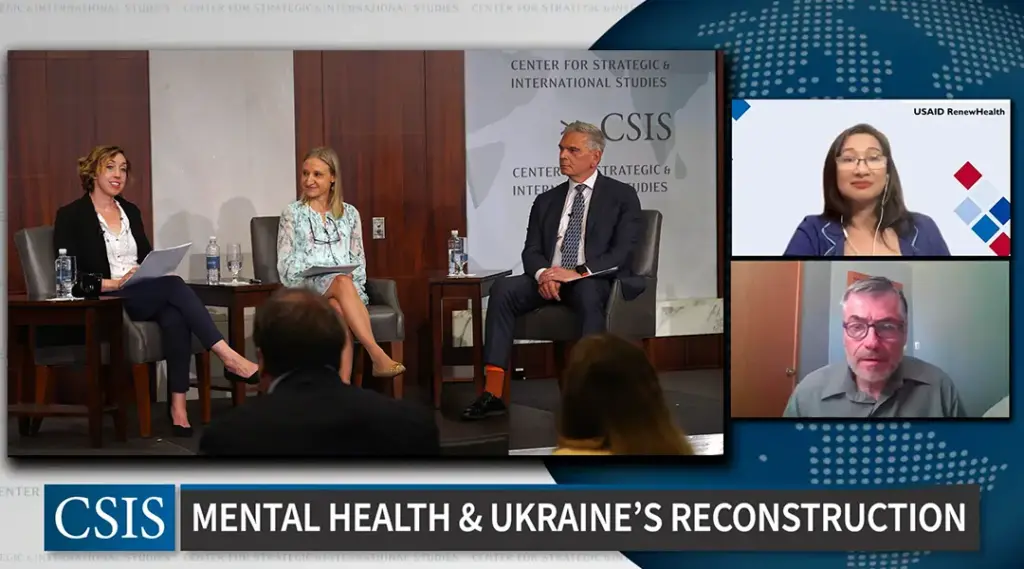
Panelists drew on their experience and expertise in the region and globally, in the field of mental health and conflict, and more broadly, on a systems approach to addressing mental health challenges to identify best practices, lessons learned, and opportunities to support Ukraine’s efforts to address mental health needs brought on by the war.
Dr. Hechanova-Alampay described some of the systemic challenges the RenewHealth Project has addressed to provide mental health services to clients in the Philippines, including in the health workforce and service delivery.
“Our biggest challenge” Dr. Hechanova-Alampay started, “ – and I assume that is the challenge in Ukraine as well – is service delivery. How do you address millions of clients who need help and what kind of services is most appropriate to them? One of the things we really needed to do is increase service delivery points because in our country, for example, the ratio of psychiatrists to Filipinos is 1 to 200,000. So there was just not enough. And just like the Ukrainians, Filipinos don’t like to seek help.”
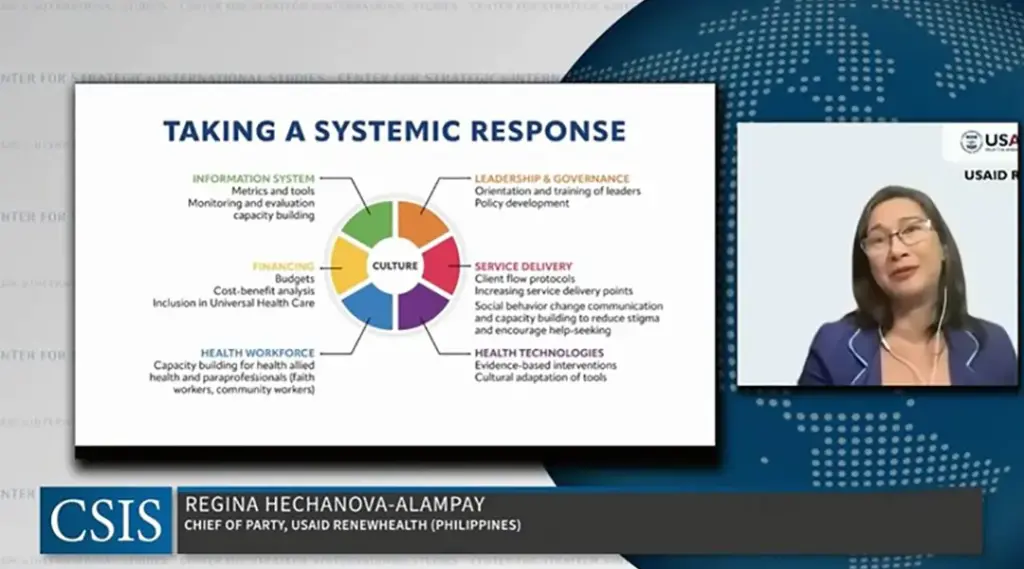
Toward the end of the discussion, URC President Earl Gast shared his perspective about the investment and attention on mental health during this war in Ukraine, as compared with previous ones in the region: “I spent a majority of my career in the former Soviet Union, and I was there right after it collapsed. Life expectancy for males dropped to 47 years of age. But no one did anything because everyone was focused on the reconstruction. We referred to that group as ‘the lost generation.’ While now, a lot of attention is being focused on mental health.”
Our collective investment and expertise – reflected in the conversation shared at CSIS – brings hope to the vision of a better outcome for the mental health of Ukrainians.

